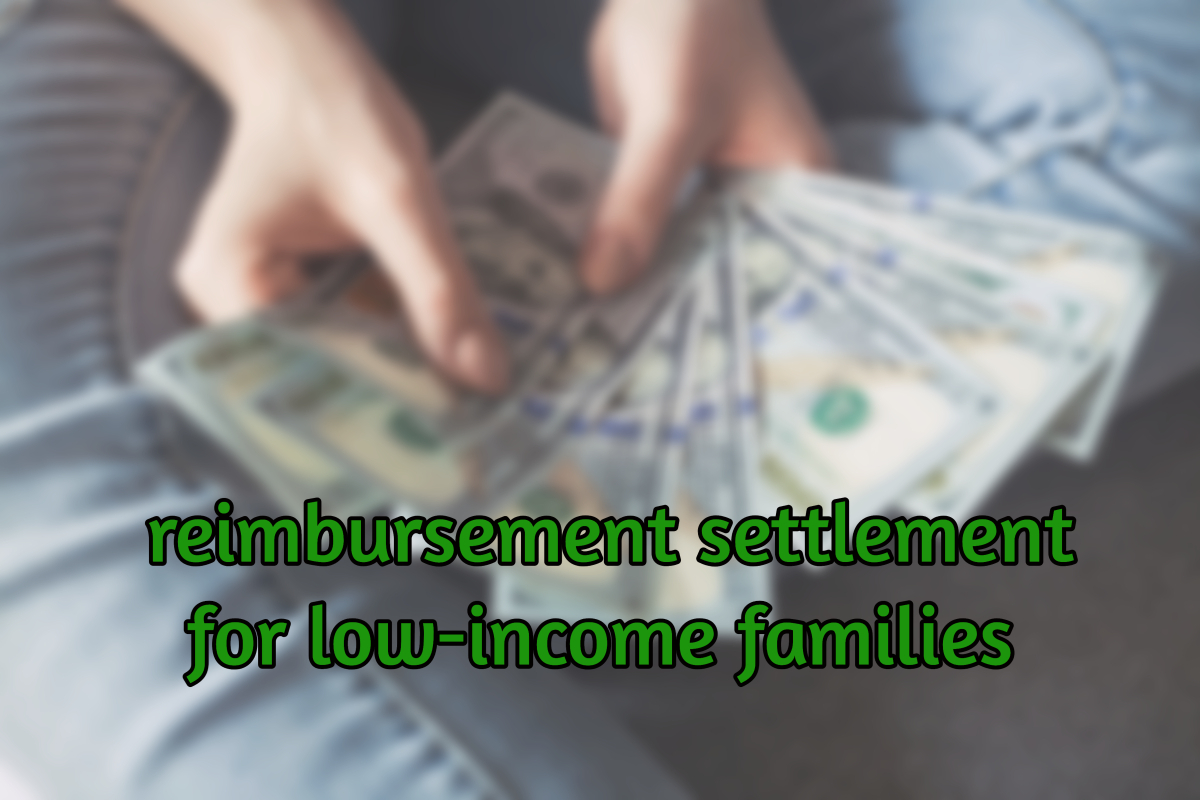Washington State to Reimburse Low-Income Families for Medical Debt: What You Need to Know
Reimbursement for Low-Income Families
Washington State Attorney General Bob Ferguson recently announced a significant settlement with Providence Health & Services that will provide reimbursement to low-income families burdened by medical debt. This decision follows an investigation revealing that Providence, which operates Swedish hospitals and other medical facilities in the state, failed to inform low-income patients about their eligibility for free or reduced-cost care. Instead, these patients were pursued for payments they could not afford, leading to financial distress and hardship.
Who Will It Affect?
The settlement will primarily benefit low-income families who received care at Providence facilities but were not informed about their financial assistance options. These families, many of whom struggled to pay their medical bills, will now receive the financial relief they deserve. This action aims to correct the wrongs done to thousands of patients who were eligible for charity care but were instead pushed into debt.
Who Will It Harm?
While the settlement seeks to rectify past wrongs, it could have financial implications for Providence Health & Services. The organization may face significant costs associated with reimbursing affected patients and revising their billing practices. Additionally, there may be reputational damage as a result of the settlement, potentially impacting patient trust and future business.
Who Will It Benefit?
The primary beneficiaries of this settlement are the low-income families who were wronged. These families will receive much-needed financial relief, helping to alleviate the stress and burden of unpaid medical bills. The settlement will also benefit other patients who might face similar issues in the future, as Providence will now be required to improve their practices and ensure transparency in informing patients about financial assistance programs.
Why Is It Controversial?
The controversy surrounding this settlement stems from the broader debate about healthcare affordability and the practices of large healthcare providers. Critics argue that Providence’s actions highlight systemic issues within the healthcare industry, where profit motives can sometimes overshadow patient care and ethical billing practices. This case has drawn attention to the need for greater oversight and regulation to protect vulnerable patients from unfair billing practices.
Supporters of the settlement believe it is a necessary step to hold healthcare providers accountable and ensure that low-income patients are treated fairly. They argue that financial assistance programs are vital for ensuring access to healthcare for all, regardless of income level. The settlement is seen as a victory for consumer rights and healthcare justice, setting a precedent for other states and healthcare providers to follow.
Conclusion
The reimbursement settlement for low-income families in Washington State marks a significant step towards addressing unfair medical billing practices. By providing financial relief to those wronged and enforcing better practices at Providence Health & Services, the state aims to protect vulnerable patients and ensure they receive the care and support they need. While the controversy highlights ongoing issues within the healthcare system, this settlement is a positive move towards greater accountability and fairness in medical billing.


